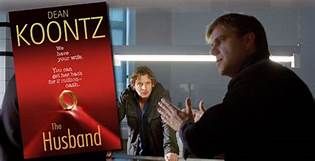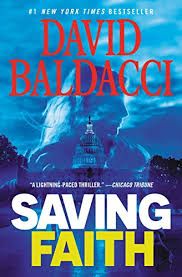Carolyn discusses how she uses characters to build a plot but that makes us think and even help us if we think about our own life characters. It is easy to see how different conclusions in a story will happen just by giving more, or less, influence to some of the characters. She tells us about doing this in her novels?
Her book tells writers, dreamers, and even those trying to see their own life more clearly, how to find and identify the characters needed for the plot.
She said that obviously, the characters we will be most familiar with come to us from our own life, and that the characters needed in writing a novel can be based on them. Even if you’re a "dreamer" and your plot is just fantasy, it still has to be delivered in a plot by someone. Names can be changed if you draw on your own life, but the personality and essence of the characters can more easily be put in place and worked with if you use them.
To get started finding your own characters make up two lists. For the first list, pick the ten most important people in your life by asking these questions as a guideline: “Whom do you love? Who betrayed you? Whom did you betray? Who drives you nuts? Who is out of your reach? Who is your role model? Who is your benchmark for insanity? Also ask "who made a difference"?
On the second list, she suggests listing the other type of people you know. “The ones that gave you the willies. Those who creep you out and you don’t know why?”. I would also suggest "those that hurt you"
Once you have your two lists you have the major characters for your stories and your writings. They will work fine for fiction.
Now if the lists are just your own real life characters and all you want to do is rethink your life that’s fine but think about what you just did. You made a choice as to which list each person was put on. What if your choice was different?
Weaving the plot into narrative from the "interaction of the characters" is what a novelist does. We likely will also see a plot and narrative in how we recall the connections to our own life characters and events.
Often you find that great writers talk about how they just "listened to their characters" and just sit back and listen to what happens and then wrote it all down. We can do the same thing with our own life’s characters as we reweave, update, and make sense out of our lives. Our perception of what happened changes, Over time some characters drop out of the story and others take on a different role.
What if you add a new character to your own life story? What if you knew Aristotle, William Buckley, Gandhi, or even Jesus Christ well enough to put them into the dialog? That approach is in part what is called a "Master Mind Alliance". How would the new character respond to what was being said? How would the input of others change, with the new person’s involvement? Would you have turned out different? It becomes a mental approach but it might open some new thoughts, directions, or conclusions for you.
The novelists, Carolyn teaches us, picks characters that they understand. They listen closely to them. You can decide to listen differently to your characters than maybe you already did.









































































































































































































































































































































































































